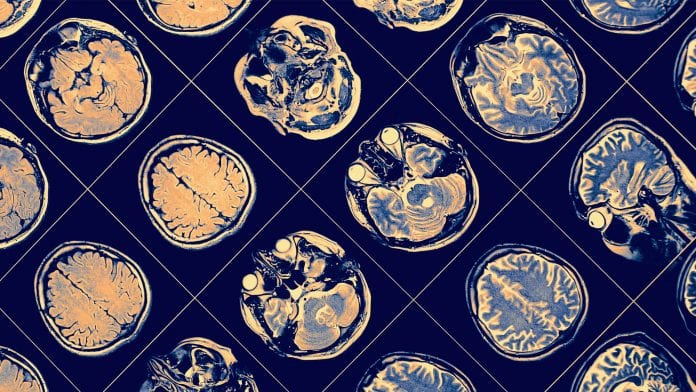
According to the researchers at University of Eastern Finland, individuals with Alzheimer’s disease have a higher risk of experiencing head injuries.
Published in Journal of Epidemiology and Community Health, researchers from the University of Eastern Finland have found that individuals with Alzheimer’s disease have approximately 30% higher risk of head injuries, and 50% higher risk of traumatic brain injuries than individuals without Alzheimer’s disease.
Assessing the incidence of traumatic head injuries
This is the first study that has assessed the incidence of head and traumatic brain injuries among persons with Alzheimer’s disease. Falls are the most common cause of head injuries in older adults, and individuals with Alzheimer’s disease are known to have a higher risk of falling due to cognitive decline.
The findings of this study highlight the importance of fall prevention, as head injuries can shorten the life expectancy and deteriorate a person’s functional capacity.
For individuals with Alzheimer disease, head injuries may lead to the loss of activities of daily living and independence, and to the need of residential care even at early stages of the disease.
Details of the study
This study was conducted in the nationwide register-based MEDALZ cohort which included all community-dwelling persons who received an Alzheimer’s disease diagnosis in Finland 2005-2011.
From the overall cohort, 67,172 persons without a previous head injury were selected to the study. For comparison purposes, a matching person with neither Alzheimer’s disease nor a previous head injury was identified with respect to age, sex and university hospital district.
Helping those with Alzheimer’s disease to reduce the chance of experiencing head injuries
Charities such as the Alzheimer’s Society have outlined that a step forward to help reduce the occurrence of injuries is to develop solutions such as having an exercise programme.
Such a programme can be designed to boost muscle movement and help to decrease falls, moreover past research has shown that increased movement could lead to memory improvement, therefore supporting those with mild cognitive impairment.
It is vital to test any developed exercise programme in a group environment, and understand the impact of exercise on people with more severe forms of dementia.
Research article
Ilmaniemi S, Taipale H, Tanskanen A, Tiihonen J, Hartikainen S, Tolppanen AM. Incidence of head injury and traumatic brain injury among people with Alzheimer’s disease. Journal of Epidemiology and Community Health, published online ahead of print 19.2.2019, doi:10.1136/jech-2018-211960






















